OpenCL Programming by Example. A comprehensive guide on OpenCL programming with examples with this book and Koushik Bhattacharyya, Ravishekhar Banger
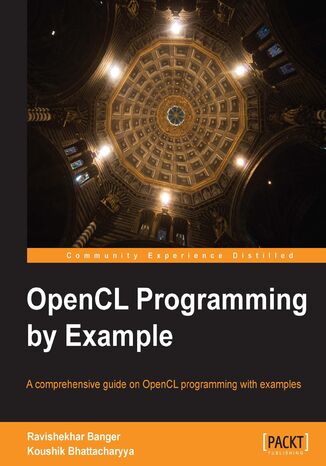

- Autorzy:
- Koushik Bhattacharyya, Ravishekhar Banger
- Wydawnictwo:
- Packt Publishing
- Ocena:
- Stron:
- 304
- Dostępne formaty:
-
PDFePubMobi
Opis
książki
:
OpenCL Programming by Example. A comprehensive guide on OpenCL programming with examples with this book and
This guide offers you a compact coverage of all the major topics of OpenCL programming. It explains optimization techniques and strategies in-depth, using illustrative examples and also provides case studies from diverse fields. Beginners and advanced application developers will find this book very useful.
Beginning with the discussion of the OpenCL models, this book explores their architectural view, programming interfaces and primitives. It slowly demystifies the process of identifying the data and task parallelism in diverse algorithms.
It presents examples from different domains to show how the problems within different domains can be solved more efficiently using OpenCL. You will learn about parallel sorting, histogram generation, JPEG compression, linear and parabolic regression and k-nearest neighborhood, a clustering algorithm in pattern recognition. Following on from this, optimization strategies are explained with matrix multiplication examples. You will also learn how to do an interoperation of OpenGL and OpenCL.
OpenCL Programming by Example explains OpenCL in the simplest possible language, which beginners will find it easy to understand. Developers and programmers from different domains who want to achieve acceleration for their applications will find this book very useful.
Wybrane bestsellery
Packt Publishing - inne książki
Dzięki opcji "Druk na żądanie" do sprzedaży wracają tytuły Grupy Helion, które cieszyły sie dużym zainteresowaniem, a których nakład został wyprzedany.
Dla naszych Czytelników wydrukowaliśmy dodatkową pulę egzemplarzy w technice druku cyfrowego.
Co powinieneś wiedzieć o usłudze "Druk na żądanie":
- usługa obejmuje tylko widoczną poniżej listę tytułów, którą na bieżąco aktualizujemy;
- cena książki może być wyższa od początkowej ceny detalicznej, co jest spowodowane kosztami druku cyfrowego (wyższymi niż koszty tradycyjnego druku offsetowego). Obowiązująca cena jest zawsze podawana na stronie WWW książki;
- zawartość książki wraz z dodatkami (płyta CD, DVD) odpowiada jej pierwotnemu wydaniu i jest w pełni komplementarna;
- usługa nie obejmuje książek w kolorze.
Masz pytanie o konkretny tytuł? Napisz do nas: sklep@ebookpoint.pl
Książka drukowana


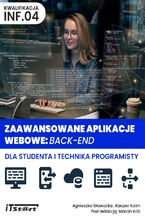
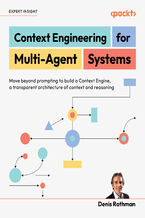


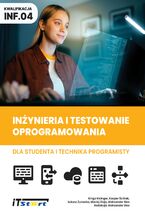

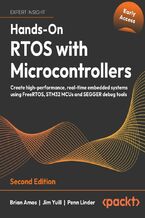

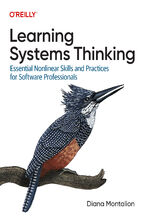
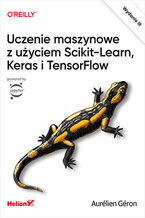
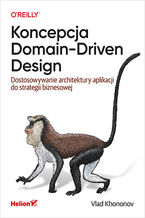






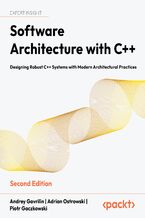
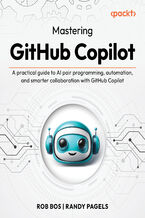
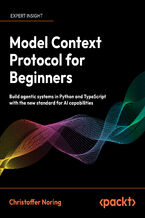
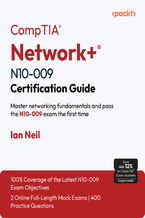
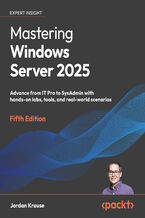
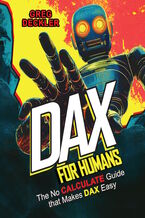
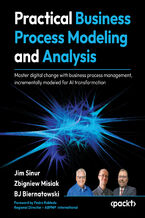
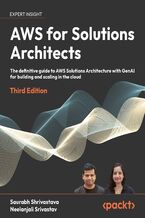
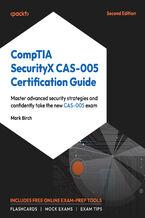
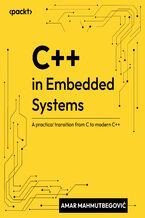
Oceny i opinie klientów: OpenCL Programming by Example. A comprehensive guide on OpenCL programming with examples with this book and Koushik Bhattacharyya, Ravishekhar Banger
(0)